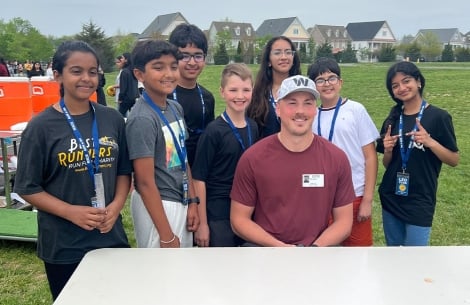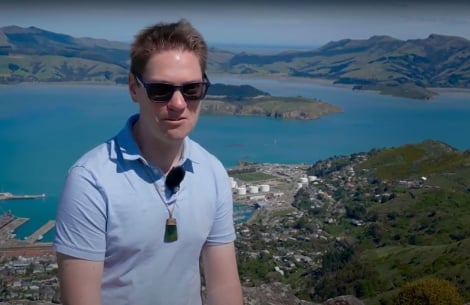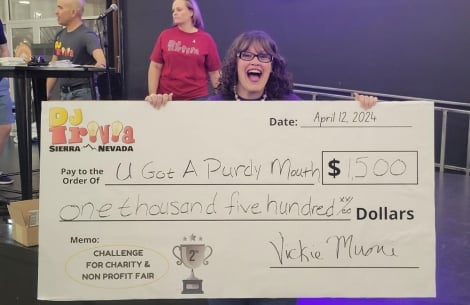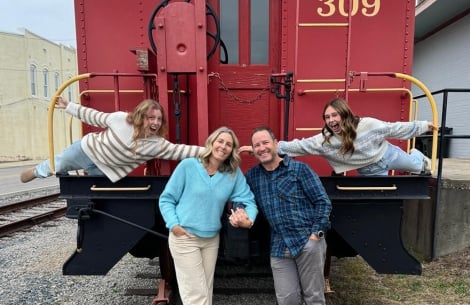Karen Chambers Knows All a Second Chance Can Mean
Above all, it means love
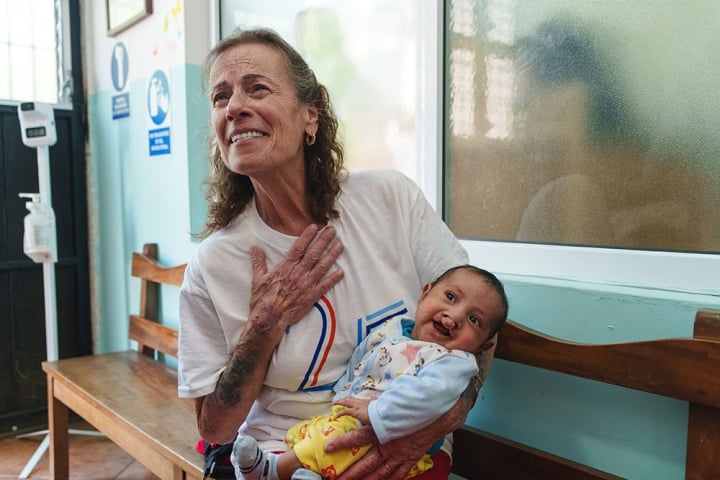
Thankfully for thousands of people around the world, Karen Chambers learned early on not to let others define her.
Though born in America, she moved with her mother, a Juilliard-trained bassoonist, to Italy when she was three years old. Sixteen years later, Karen returned to the South Bronx with her family speaking no English, knowing no one and nothing about life in America. Less than a year later, she was pregnant.
It is not a secret you can hide for long. Her mother dragged her to the priest, who quarantined her in a convent until she gave birth to her son. She got to hold him once before he was taken away and put up for adoption. It was her parents’ decision; no one ever asked what she wanted.
Barely 17, Karen came away from the ordeal feeling sullied, sinful. Her salvation came from a social worker who told her a truth that has shaped her life to this day:
“You are not a bad person for what happened. You made a mistake and mistakes can be rectified.”
Later that year, she got married. She soon settled into a life that was, as she described it, “Very old-fashioned Italian” — working odd jobs and looking after the home and two children while her husband pursued a career.
Then, one day, after 22 years of marriage, a car crashed right in front of her.
And all she could do was watch the victim bleed on the street, helpless.
“That made me realize I could no longer just live the life my parents and husband wanted for me,” she said. “I needed to do something for me.”
She decided to divorce her husband. She studied hard and became an EMT in the South Bronx. She met the co-worker who would become her second husband. After a few years, a surgeon she worked for suggested she become a surgical tech.
“What the heck is that?”
Personal Attention
In the operating room, surgical technologists give surgeons the exact thing they need at the exact time they need it without ever having to be asked. To do this, they must know everything the surgeon knows about surgery, medical terminology, pharmacology, and human anatomy, plus things they don't know, like how to set up an operating room and keep it sterile.
Karen enrolled in a certification program figuring she had nothing to lose. Less than a year in, she realized she had discovered her passion.
Not long after receiving her certification, she discovered a second passion. She was working at a hospital in New York when one of the nurses exposed her to an organization that flew doctors and nurses around the world to provide cleft surgeries for children in need. The cause struck something deep inside her; no one needed to convince her of the transformative power of giving a child a second chance.
But she turned down the opportunity to get involved. “It never did it for me,” Karen said. “Personal caring and attention in healthcare is so important, and I just couldn’t support an organization that didn’t provide that.”
Passion Projects
After a few years, Karen transitioned into teaching surgical technology. It was around this time that she learned about Smile Train. Finally, she had found a cause that united her passions with her purpose.
Smile Train piqued my interest because of what they stood for. When I found out they support non-surgical care, that really impressed me. It's fine to send a surgeon to Honduras or to the Philippines and perform a surgery, but then what do those families do afterwards? With Smile Train, I said, “This is something really good.”
She hosted what she calls a “teeny” fundraiser where she taught, but didn’t have time to do as much as she would have liked.
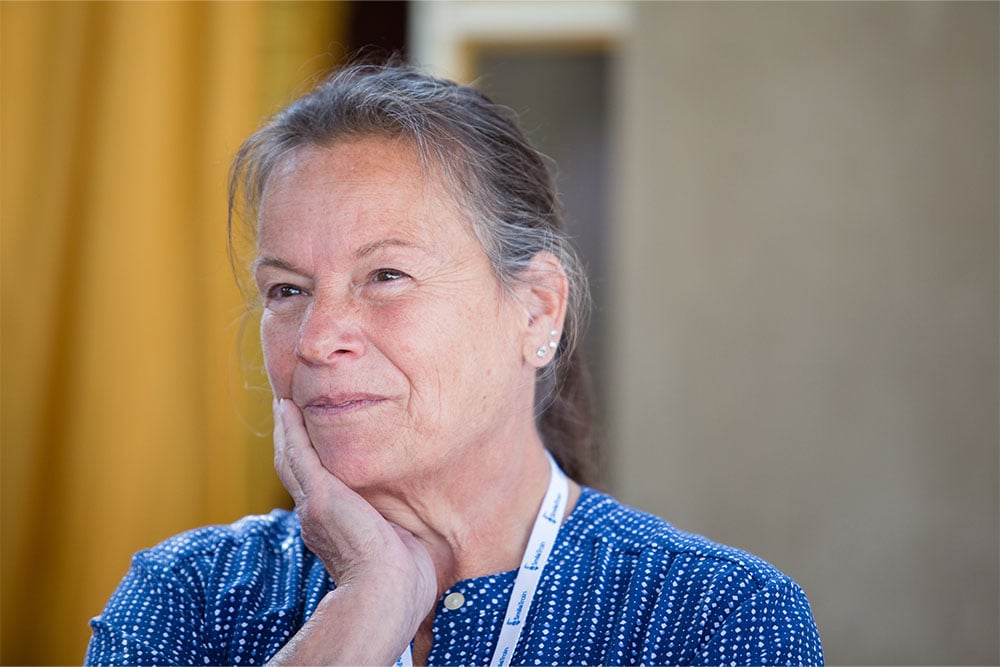
Karen didn’t go to college herself until 2008, when she was already in her late 40s, chairing a department she created at a trade school, and writing a book on the profession of surgical technology. “I did everything on a high school diploma, as a foreigner,” she said proudly.
She now holds a master’s degree and directs the surgical technology department at Eastwick College.
Her unusual journey taught her what really matters in life and in a career and made her determined to pass those lessons on to her students.
And when this Italian woman from the Bronx with 27 tattoos is determined to make something happen, it happens.
Surgeon Outcomes
The third week in September is always National Surgical Technologist Week. Typically, surgical technologist programs use the occasion to give their students a little gift. But Karen thinks they have it all backwards.
“They all say, ‘Let's celebrate who you are, what you do,’ but I never thought that’s what we should be celebrating. I always felt that we should be celebrating our profession by giving back to it, the fact that through our efforts, we can help an organization that puts a smile on a child.”
So every year, she all but shuts down not just Eastwick’s surgical technology department but its entire campus to raise money for Smile Train.
There have been music festivals, catered lunches, and bouncy houses. This year, some students converted a big operating room on campus into an indoor carnival, complete with a tower of specimen cups to knock over, an instrument ring toss, and much more. Needless to say, this was the most successful year yet.
Gallery
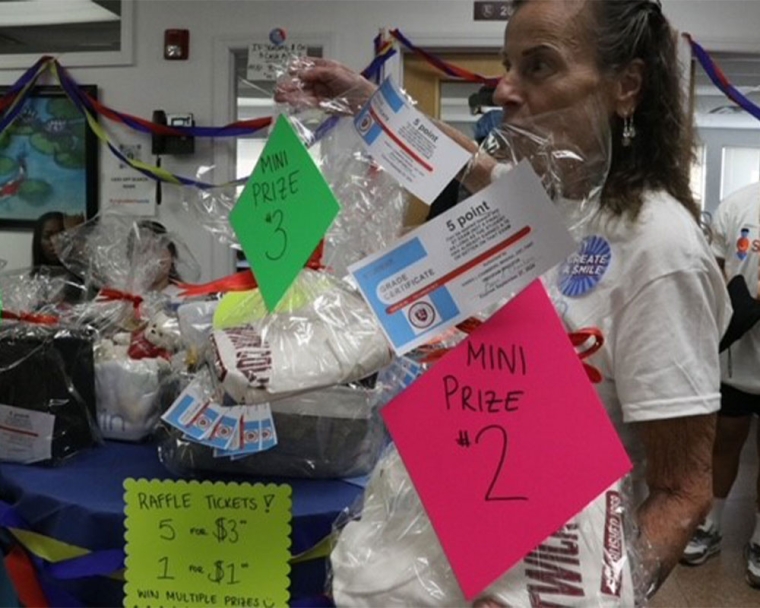
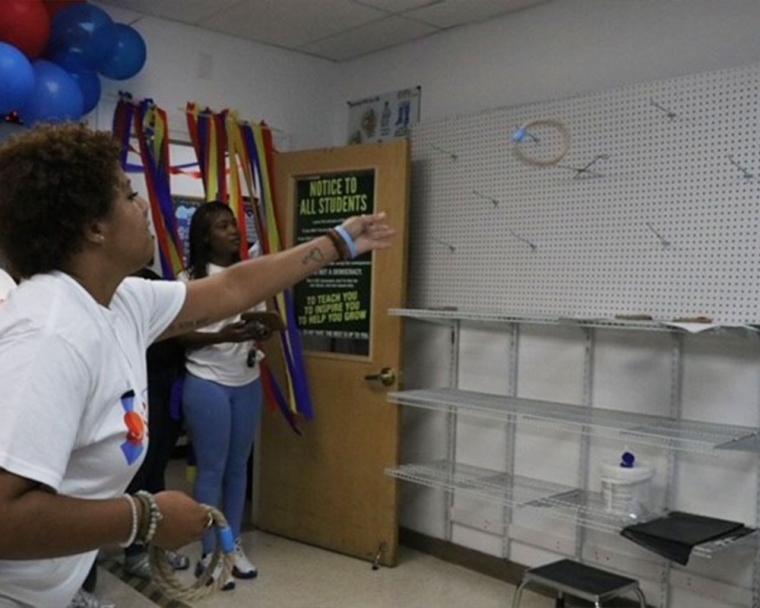
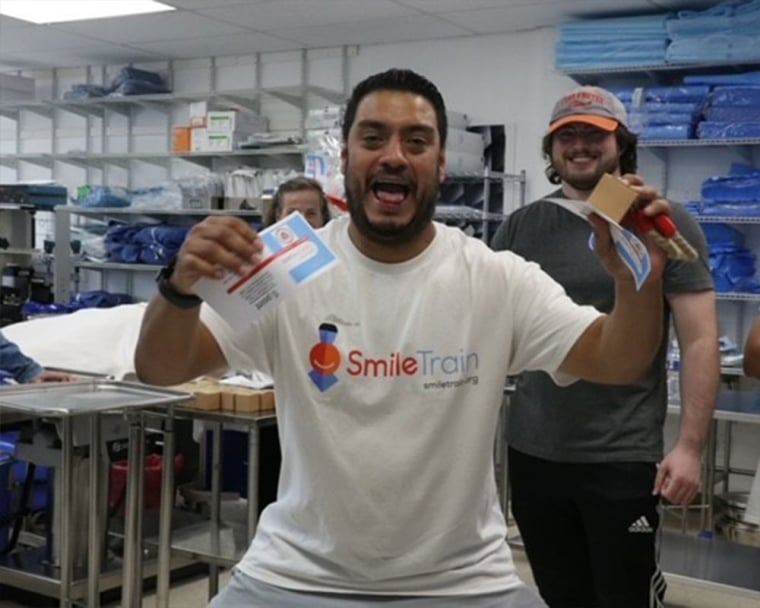
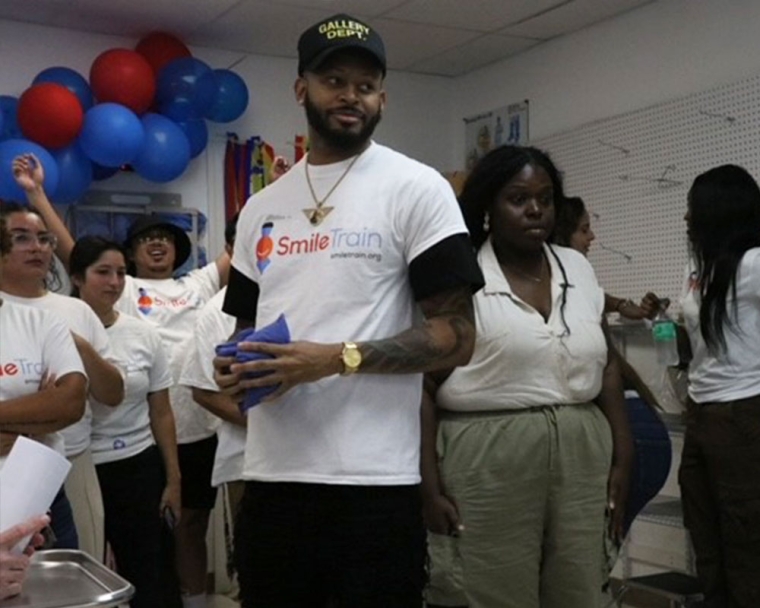
The difference they’ve made is profound. Since 2006, she and her students have raised $60,000 to fund lifesaving, local cleft care for children in need.
Between Students and Teachers
Karen’s appreciation for Smile Train isn’t based only on the stories she reads from her home in New Jersey. She has joined two Journeys of Smiles: one to Mexico in 2019 and one to Guatemala in early 2024.
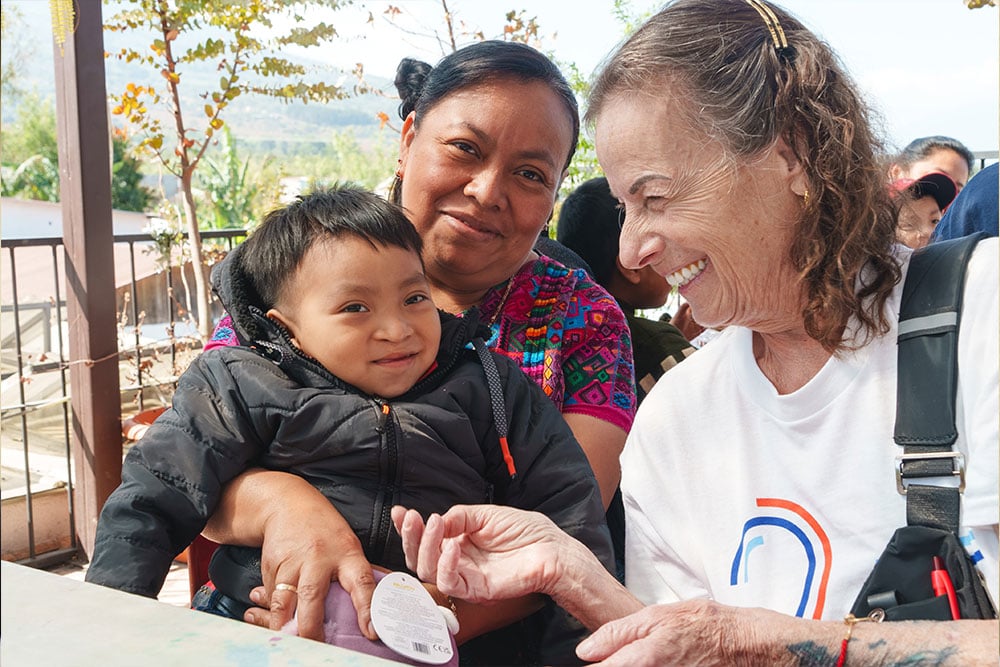
Journeyers are always inspired by seeing the impact their fundraising has on real children, families, and healthcare workers, but few appreciate it on the same level as Karen.
The resourcefulness, grit, and resilience she witnessed our patients, families, and cleft teams bring to everything they do, and the obvious, intimate trust they share, told her everything about why our model has been so successful — and how her students can be, too.
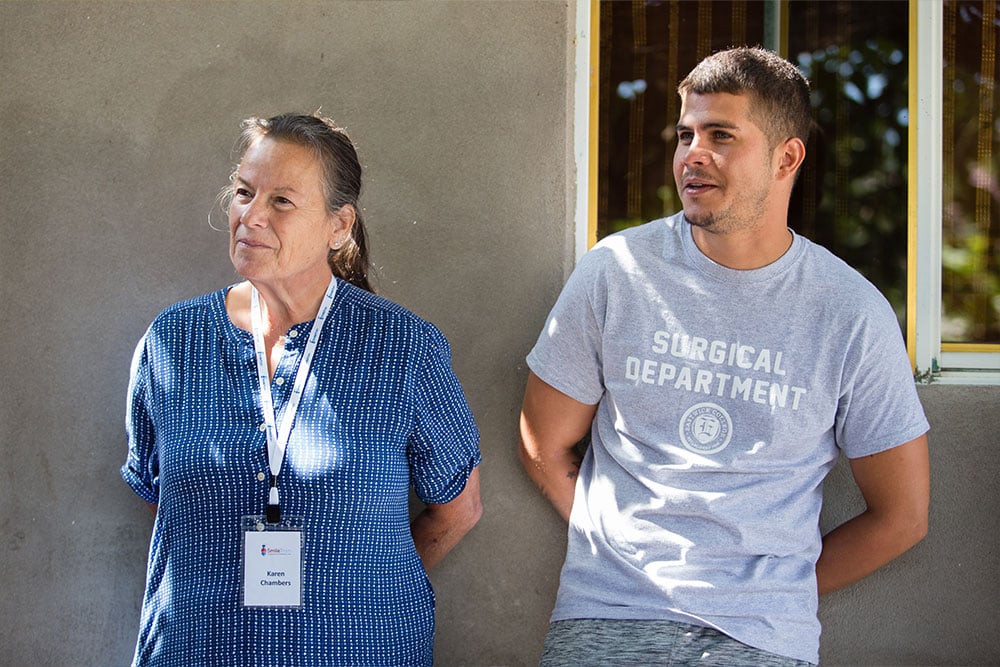
She keeps a little scrapbook from her trip to Guatemala on her desk at work. When students come to her, she shows them how the people they are helping with their fundraising live, what operating rooms are like in other parts of the world. To get to her desk, of course, they must first pass the big Smile Train bulletin board outside her office door.
Gallery
Karen in Guatemala
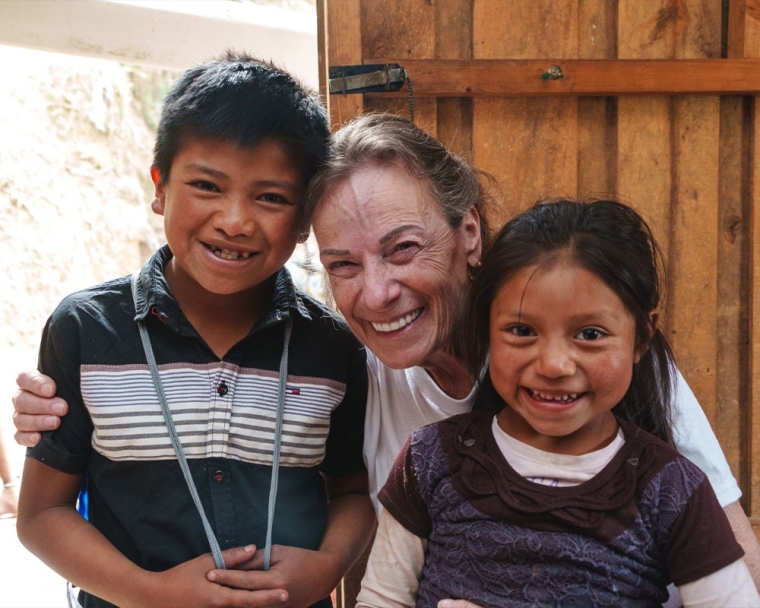
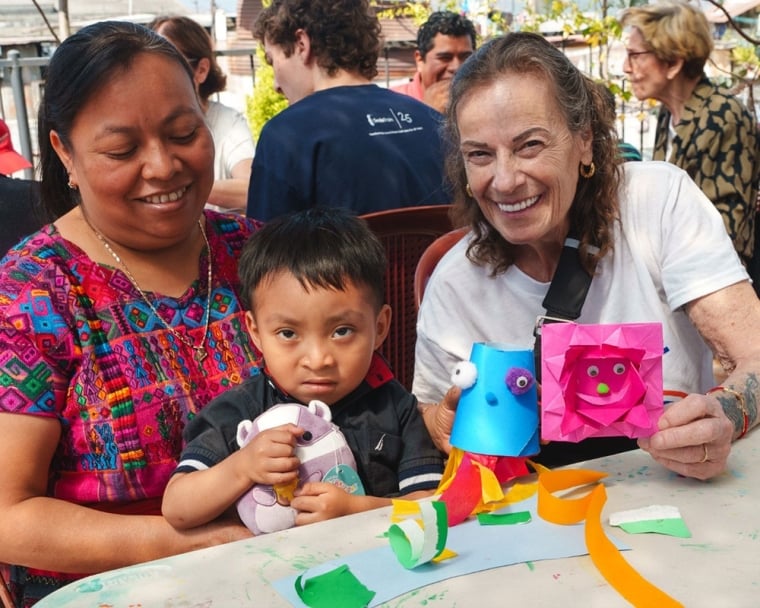
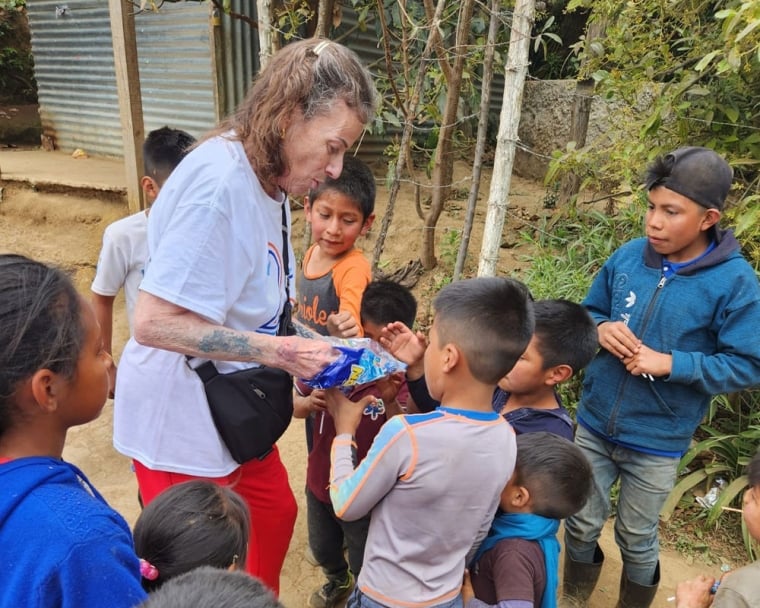
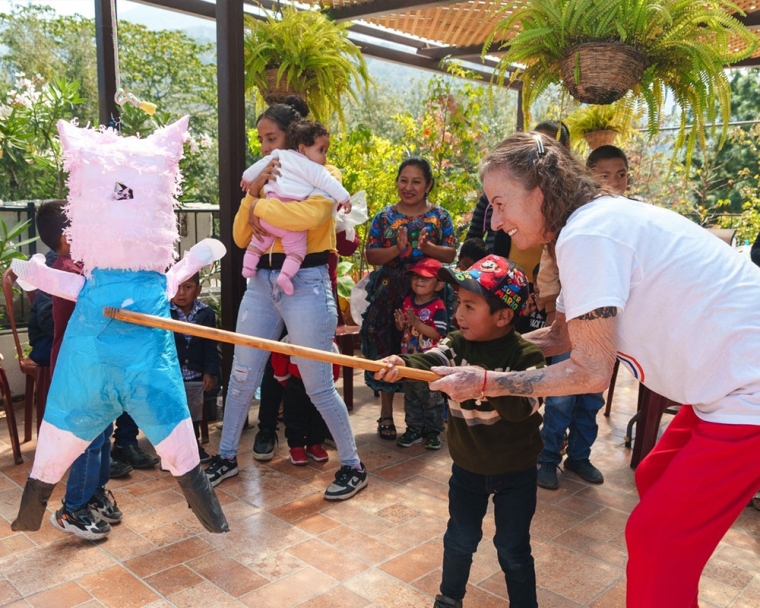
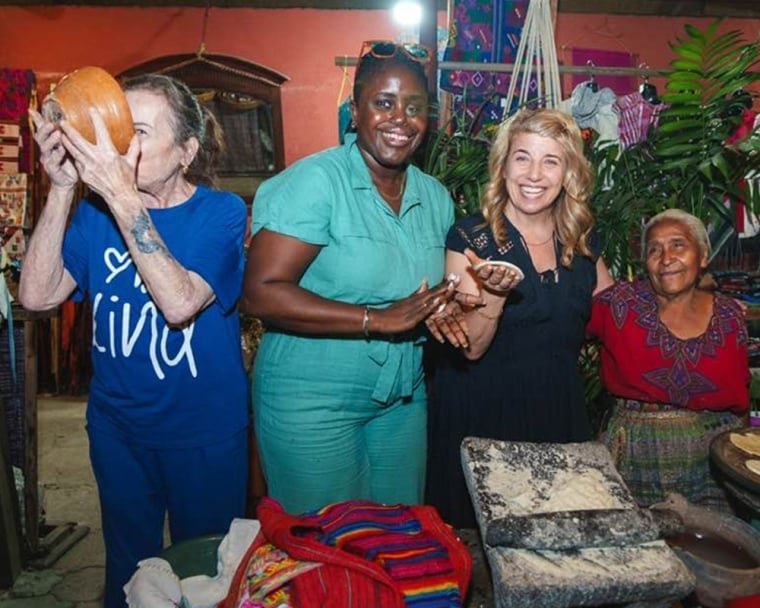
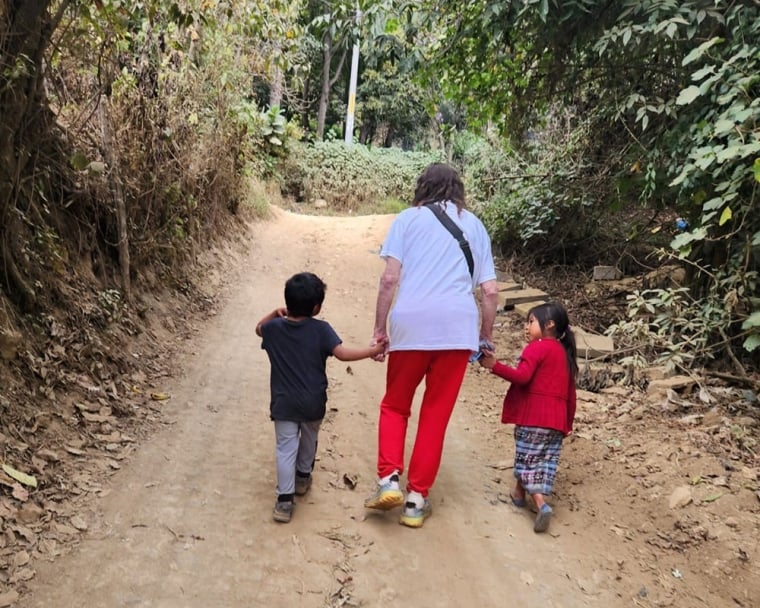
“It’s so important for people to realize that you can be rich in the heart. You don't need to be rich financially. That's not what it's all about.”
What It’s All About
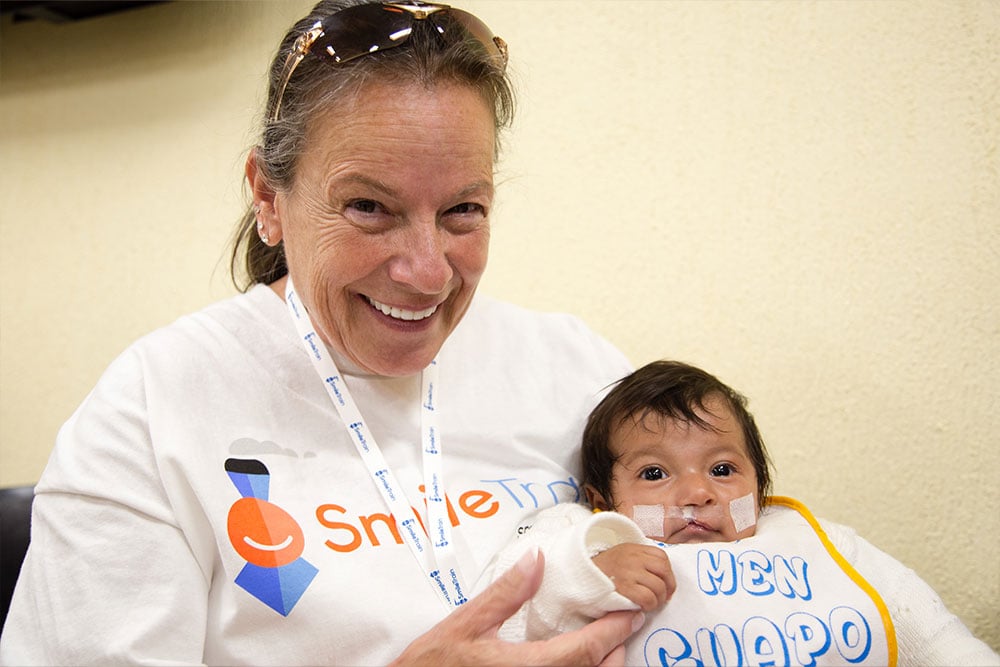
Like the children whose lives have been transformed through her fundraising, Karen’s life could have turned out much differently. Only someone who refuses to stop believing in herself, even when no one else will, could go from teenage mother who spoke little English to a middle-aged college professor/student to one of the leading voices in her field.
Or train a generation of surgical techs to understand that their work means more than a paycheck.
Or reunite with her first child and his family after more than 30 years of separation.
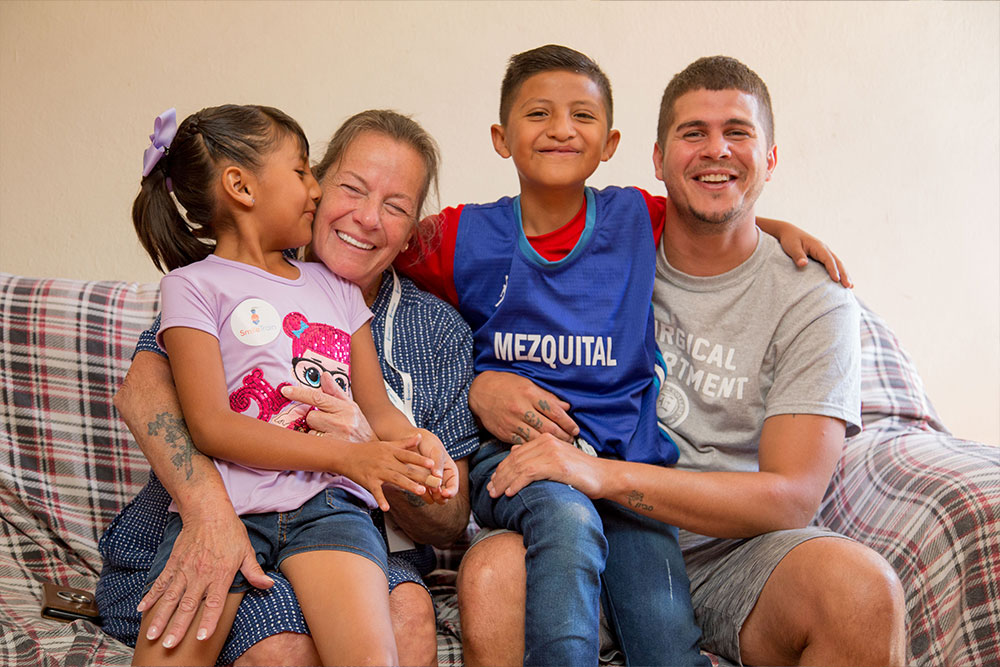
It’s why she bonds so closely with the mothers of our patients. So often, they just need someone to let them know that what seems impossible isn’t.
“I tell them to never give up on changing, because one day it will and you just have to believe. You have to just keep loving your children, no matter what.”
Share your love with children with clefts around the world.

